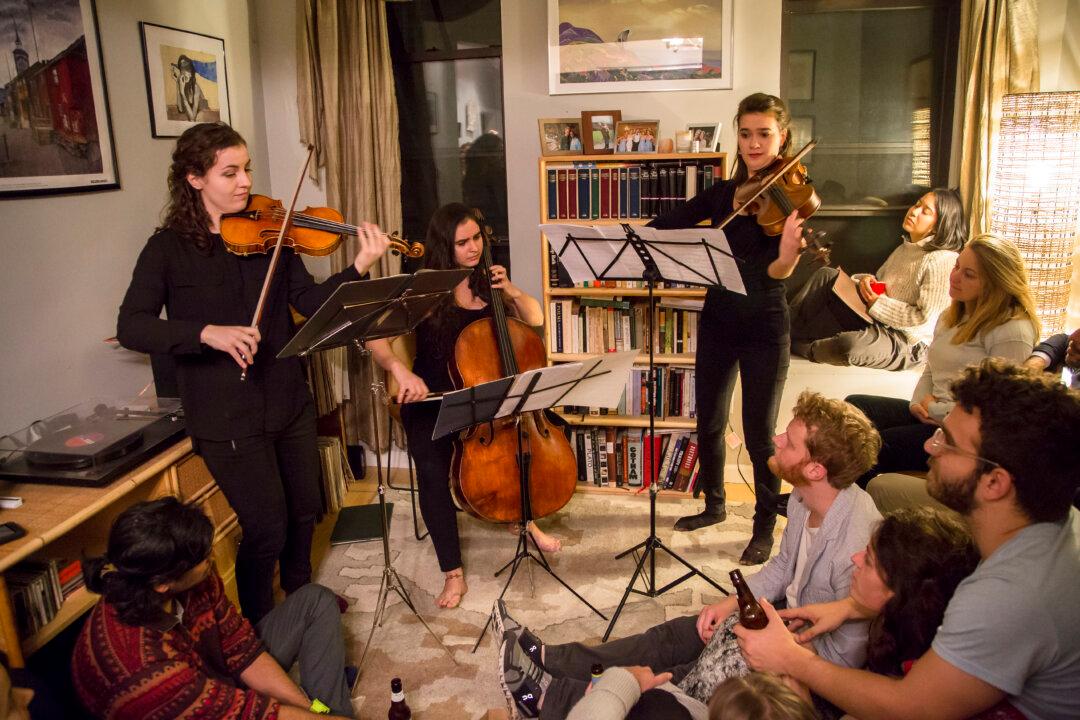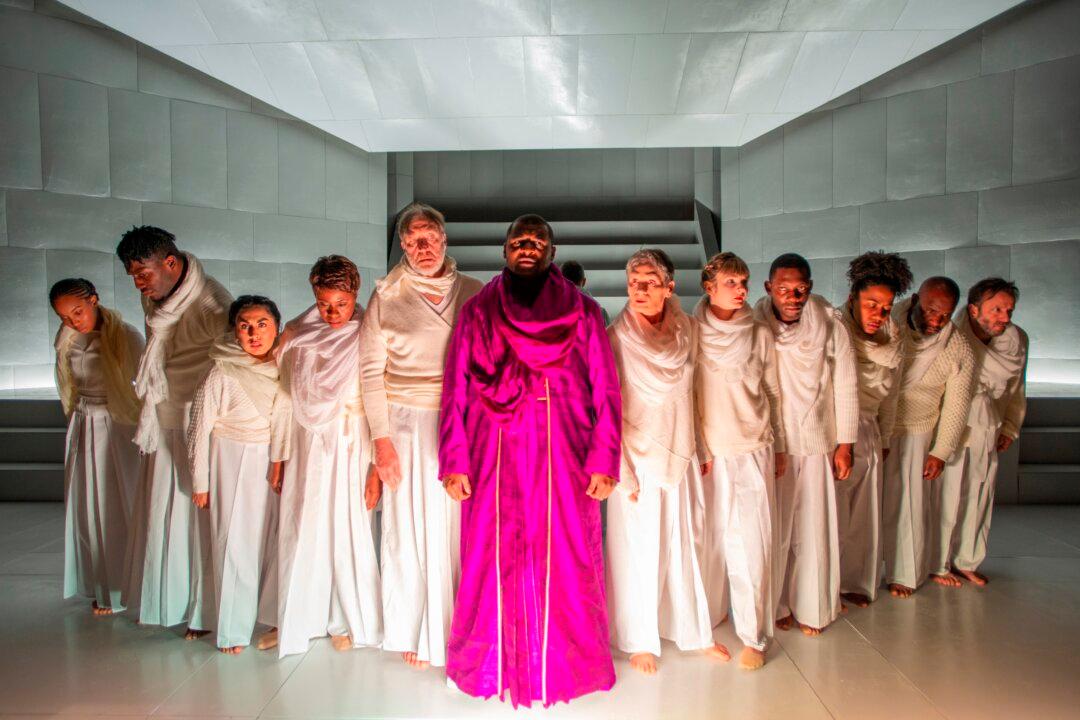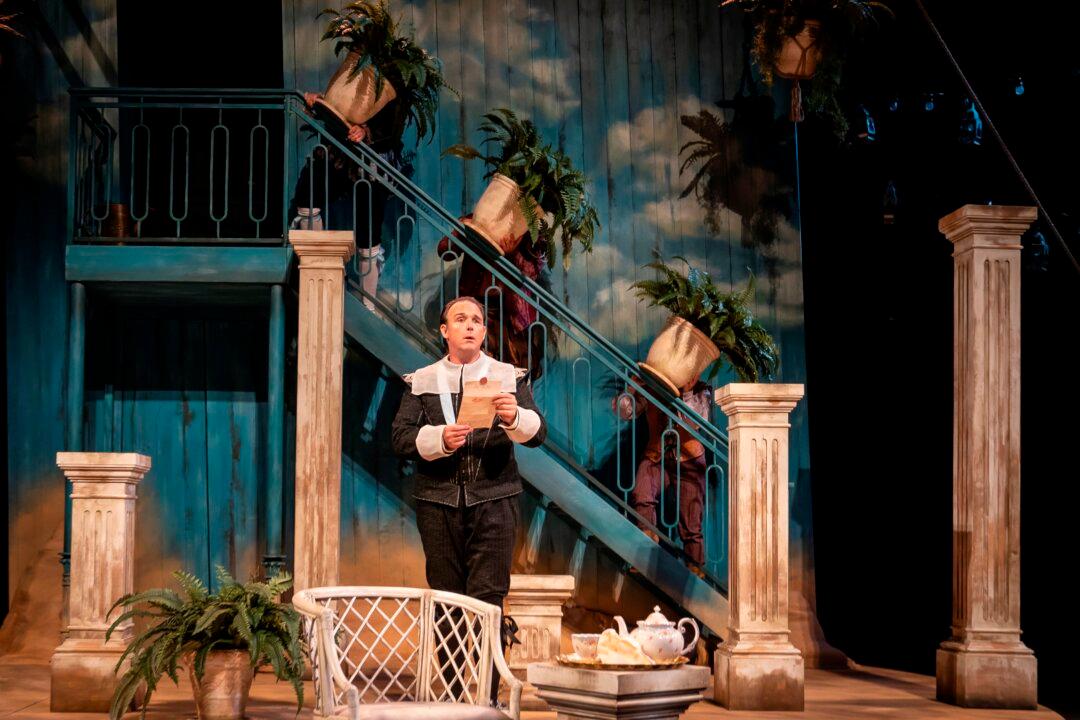People show up at an apartment, some strangers and some friends. At first there’s the typical uncomfortable ice waiting to be broken. Soon people gather and sit on the floor, and the musician—perhaps a cellist—takes his seat and begins to play.
The audience members, some kneeling at the feet of the musician, some with their eyes closed, some rocking slowly to the music, listen intently to celestial works by composers like Bach or Beethoven.
The very definition of classics is that they are lasting and have depth, substance, and quality.





